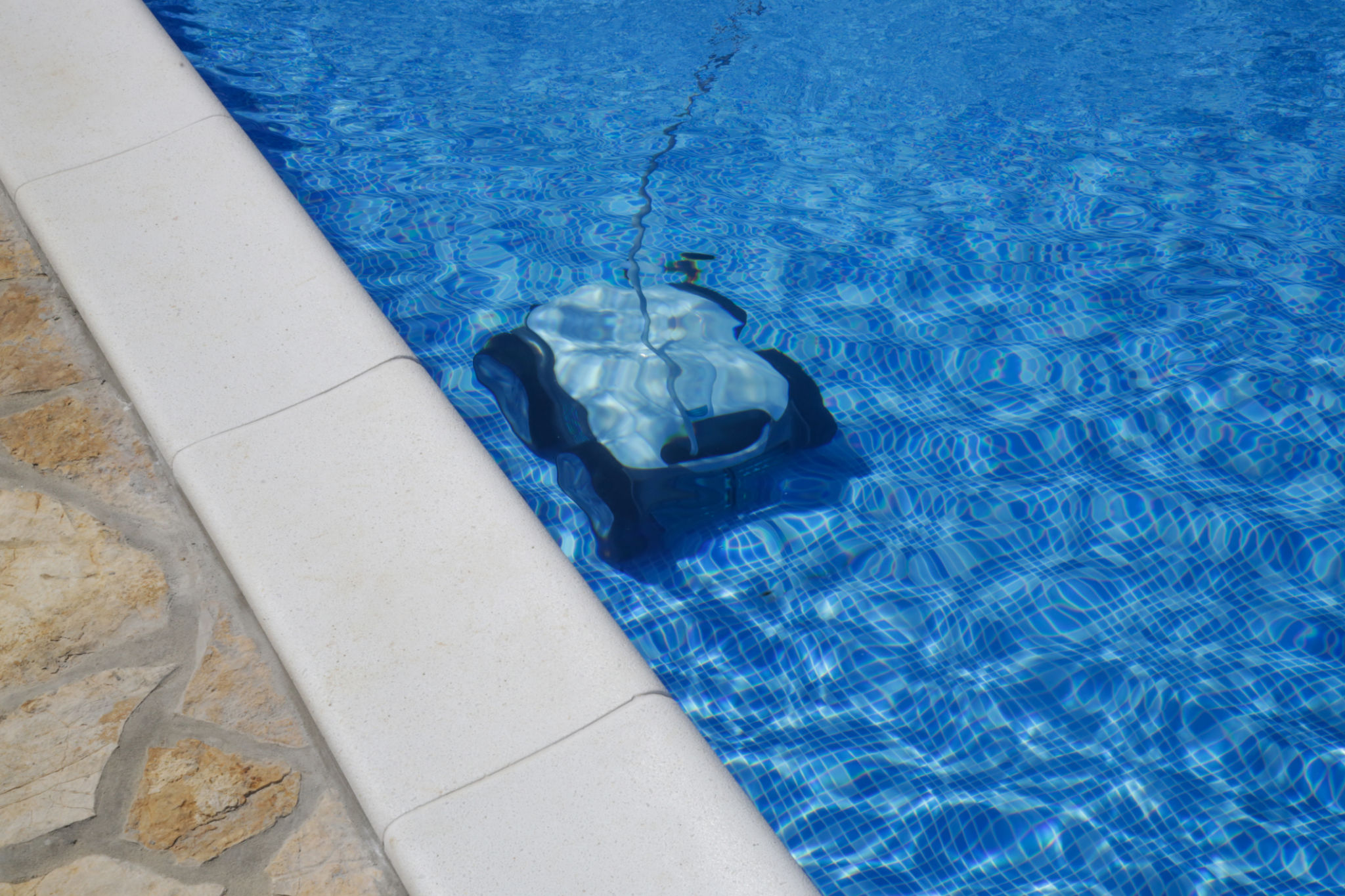Debunking Common Myths About Swimming Pool Maintenance
Understanding Pool Chemistry
One of the most common myths about swimming pool maintenance is that it requires a chemistry degree to understand water balance. The truth is, maintaining the right chemical levels in your pool is simpler than it seems. The key is to regularly test and adjust the levels of chlorine, pH, and alkalinity. Most pool supply stores offer easy-to-use testing kits that guide you through this process.

It's important to remember that maintaining proper pool chemistry isn't just about keeping the water clear. It's also vital for the health and safety of swimmers. Balanced water prevents skin and eye irritation and protects the pool equipment from corrosion.
Myth of Constant Cleaning
Another misleading belief is that pools require constant, labor-intensive cleaning. While regular maintenance is essential, modern equipment and technology have made pool cleaning much more manageable. Automatic pool cleaners can handle day-to-day debris, reducing the need for manual scrubbing and vacuuming.
Moreover, by using a pool cover when the pool is not in use, you can significantly reduce debris accumulation and evaporation. This simple step can save a lot of time and effort in the long run.

Chlorine Is Harmful
Many people are concerned that chlorine is harmful and should be avoided. However, when used correctly, chlorine is a safe and effective sanitizer that keeps pools free from harmful bacteria. The key is to maintain the correct chlorine level, which should be between 1-3 ppm (parts per million).
If chlorine odor becomes noticeable, it's often a sign of an imbalance rather than excess chlorine. A strong smell usually indicates that chloramines have formed, which happens when chlorine combines with impurities. Shocking the pool can resolve this issue.

All Algae Is Created Equal
Not all algae are the same, and understanding the differences can help in effective treatment. Green algae are common but relatively easy to treat with regular sanitization and brushing. Black algae, on the other hand, are more stubborn due to their protective layers and require specific algaecides and thorough scrubbing.
Maintaining proper water balance and circulation helps prevent algae growth. Regular brushing of pool surfaces also disrupts algae spores, preventing them from establishing themselves.
Pool Maintenance Is Expensive
There's a misconception that maintaining a swimming pool is excessively costly. While there are costs involved, they can be managed with smart choices. Investing in quality equipment, like energy-efficient pumps and heaters, can reduce long-term expenses. Additionally, regular maintenance helps avoid costly repairs down the line.

DIY maintenance can also help save money. Learning basic tasks like testing water chemistry and cleaning filters allows you to manage your pool without relying solely on professional services.
Conclusion
Swimming pool maintenance doesn't have to be daunting or overly expensive. By debunking these common myths, you can approach pool care with confidence and ease. Remember, regular attention to water chemistry, cleanliness, and equipment will keep your pool inviting and safe for all swimmers.
